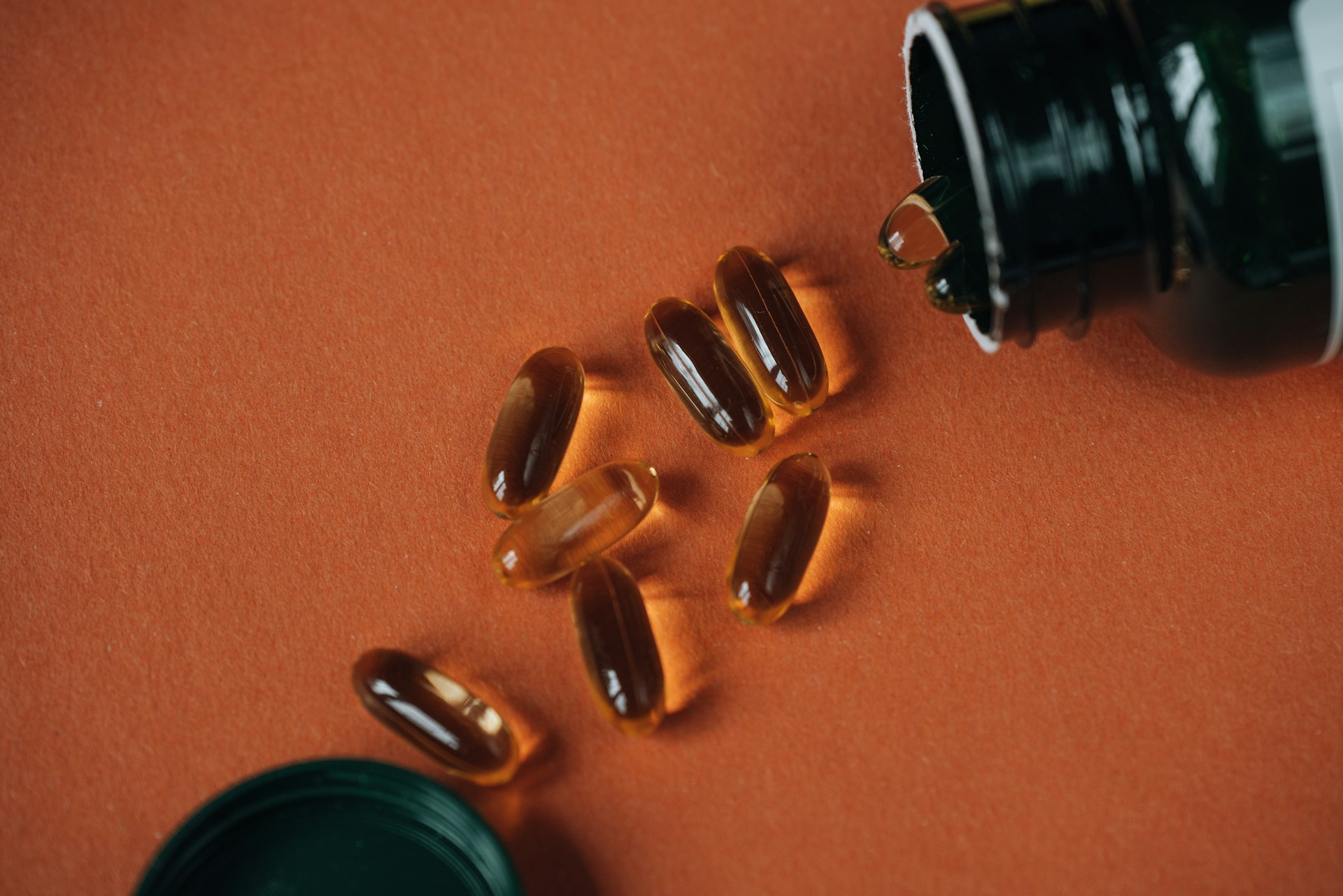Nutrition
Probiotics and Prebiotics: Nutrition for Gut Health

Ah, the gut. It may not be the most glamorous topic, but it’s certainly an important one. Our gut is like a bustling city, filled with billions of bacteria that help us digest food, produce vitamins, and fight off harmful pathogens. However, just like any city, it needs the right infrastructure to function properly. That’s where probiotics and prebiotics come in. They’re the building blocks that keep our gut city thriving.
Probiotics are live bacteria and yeasts that are good for our health, especially our digestive system. Although we usually think of bacteria as something harmful, our bodies are full of bacteria, both good and bad. Probiotics are the good guys, helping keep our gut healthy. They’re found in foods like yogurt, sauerkraut, and kefir, and can also be taken as supplements.
On the other hand, prebiotics are types of dietary fiber that feed the friendly bacteria in our gut. They help the bacteria produce nutrients for our body, leading to a healthier digestive system. Foods rich in prebiotics include garlic, onions, and bananas.
Now, you might be thinking, “I’m in my 60s, why should I care about all this?” Well, as we age, the balance of bacteria in our gut can shift, leading to digestive issues and a weakened immune system. By including probiotics and prebiotics in our diet, we can help maintain a healthy balance of gut bacteria, promoting better overall health.
Incorporating these into your diet doesn’t have to be complicated or expensive. Start your day with a bowl of yogurt topped with a banana for a double dose of probiotics and prebiotics. Or, try adding a side of sauerkraut to your lunch or dinner. Not only will it add a tangy kick to your meal, but it’ll also give your gut a healthy boost.
Let’s not forget about the mental wellness aspect. There’s a growing body of research showing a connection between gut health and mental health. Some studies suggest that a healthy gut can contribute to a healthier mind, reducing symptoms of anxiety and depression. So, taking care of your gut could also be a way of taking care of your mental health.
Investing in your gut health doesn’t have to break the bank. With a few simple dietary tweaks, you can feed your gut the nutrients it needs to keep you feeling your best. It’s never too late to start taking care of your gut. After all, a healthy gut is the foundation of a healthy body, and we want our bodies to be as strong and resilient as possible as we age. So, here’s to gut health, longevity, and aging with grace and vitality!
The next time you’re at the grocery store, give a nod to the yogurt, a wink to the garlic, and a high-five to the bananas. Your gut will thank you.
